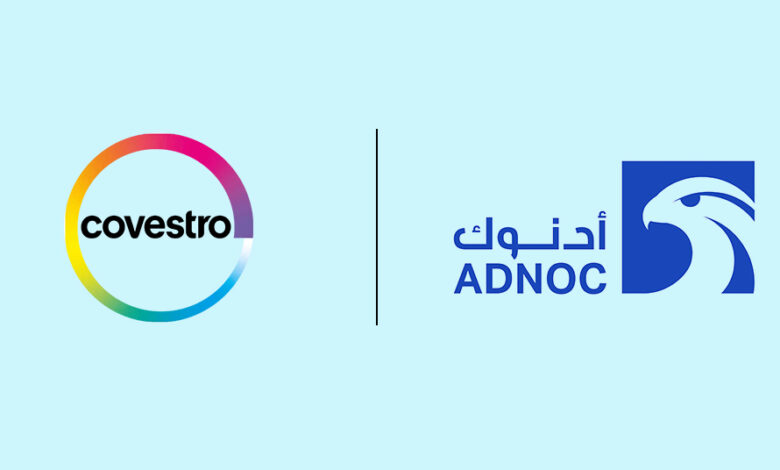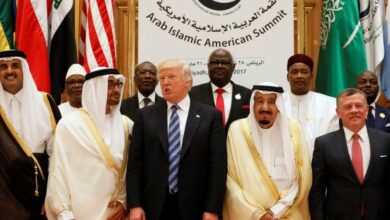The European Commission Opens Investigation into UAE’s ADNOC Acquisition of Covestro: A Test Case of Emirati Infiltration into Europe’s Internal Market

The European Commission has launched an in-depth investigation into the Abu Dhabi National Oil Company’s (ADNOC) planned acquisition of German chemical giant Covestro, citing fears that foreign subsidies from the UAE could distort competition in the bloc’s single market.
This case marks one of the first major uses of the EU’s Foreign Subsidies Regulation (FSR), highlighting growing concerns about the UAE’s aggressive use of sovereign wealth and state-backed corporate power to infiltrate strategic European industries.
Foreign Subsidies and Distortion Risks
In its official statement, the European Commission said it has “preliminary concerns that external subsidies provided by the United Arab Emirates could distort the EU internal market.” The inquiry will scrutinize whether ADNOC’s financial backing—channeled through state-controlled entities and sovereign wealth funds like Mubadala—constitutes unfair state support enabling ADNOC to outbid competitors for strategic assets such as Covestro.
ADNOC’s €14 billion bid for Covestro is seen by many regulators and analysts as more than a simple corporate takeover—it is part of a wider Emirati strategy to entrench influence in Europe’s industrial and technological ecosystems. Covestro is a leading player in high-performance plastics and materials essential for renewable energy, automotive, and electronics sectors, making it an asset of strategic significance.
EU Regulatory Framework and Suspicion of UAE Ambitions
The investigation, launched under the Foreign Subsidies Regulation introduced in 2023, represents a broader EU effort to counterbalance foreign state-backed acquisitions. Brussels is particularly wary of opaque capital flows from the Gulf, including the UAE, which increasingly leverage sovereign funds to expand their footprint across critical sectors in Europe.
Analysts note that the UAE’s ADNOC and Mubadala have become central tools of Abu Dhabi’s geo-economic statecraft, enabling influence not only in energy but also chemicals, logistics, ports, and advanced technology. This acquisition comes as ADNOC aggressively pursues expansion beyond oil, aiming to transform itself into a diversified energy and industrial powerhouse closely integrated with Europe’s supply chains.
Strategic Fears: Beyond Market Competition
European officials are concerned that UAE-backed entities could leverage ownership of strategic firms to create dependencies, gain access to intellectual property, and shape industrial policy within the bloc.
Sources close to the investigation in Brussels told Dark Box that “the Commission sees Covestro not just as a chemicals firm but as a strategic node in Europe’s industrial future—allowing access to sensitive technologies in energy storage, green hydrogen, and advanced materials.”
Further, internal EU policy memos seen by Dark Box reveal fears of political leverage, given the UAE’s track record of combining economic deals with aggressive foreign policy maneuvers in Africa, the Middle East, and now Europe.
A Broader Pattern of UAE Infiltration
The ADNOC-Covestro case is part of a broader Emirati push into Europe’s internal market, seen in high-profile acquisitions, lobbying efforts, and soft power campaigns.
- Ports and logistics: UAE-based DP World already controls key European ports, raising security questions.
- Energy and defense: UAE sovereign wealth funds have invested heavily in companies linked to Europe’s defense and renewables sectors.
- Political lobbying: Abu Dhabi’s networks have been active in Brussels and Berlin, hiring PR firms and think tanks to shape narratives about “strategic partnership” while downplaying concerns over human rights or foreign interference.
Critics argue that these moves amount to “state capitalism infiltrating Europe under the radar”, exploiting gaps in EU regulatory oversight prior to the adoption of the FSR.
Political and Economic Fallout
The EU’s investigation could delay or derail ADNOC’s acquisition, potentially escalating into a test case of how Brussels will enforce the FSR against Gulf sovereign-backed acquisitions.
German politicians are divided: while Berlin has sought foreign investment to boost its industrial base, lawmakers in the Bundestag’s economic committee have called for stricter scrutiny of “foreign state-backed capital inflows” following increased UAE ties with Israel and its controversial role in global geopolitical conflicts.
Some EU diplomats also point out that the UAE’s growing involvement in conflicts in Africa and its alleged influence operations in Europe add a geopolitical layer to what is ostensibly an economic deal.
Conclusion: A Defining Test for Europe’s Economic Sovereignty
This investigation is more than a review of one acquisition—it is shaping up as a litmus test of Europe’s ability to defend its economic sovereignty against state-backed actors using deep-pocketed strategies to penetrate key sectors.
If ADNOC’s acquisition is blocked or heavily conditioned, it would signal that Europe is ready to confront Gulf state influence in its internal market head-on. If it is approved, critics warn it may open the floodgates for more state-driven acquisitions that blur the line between commerce and political leverage.




